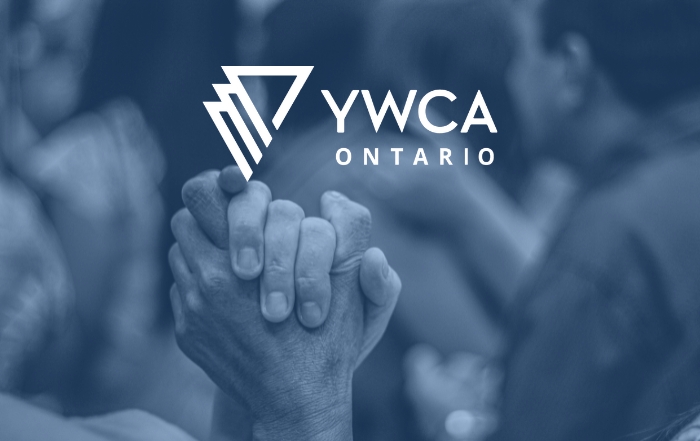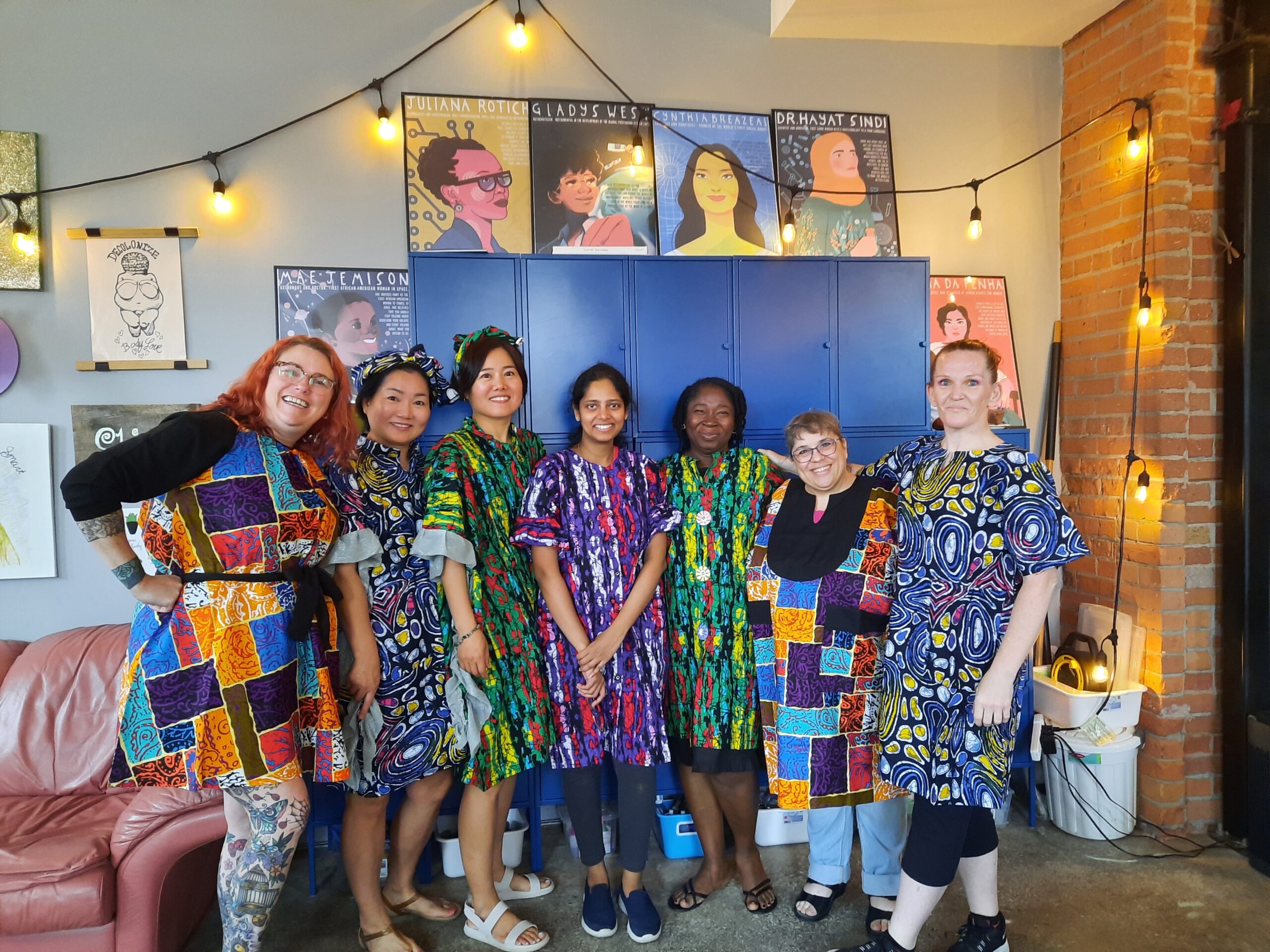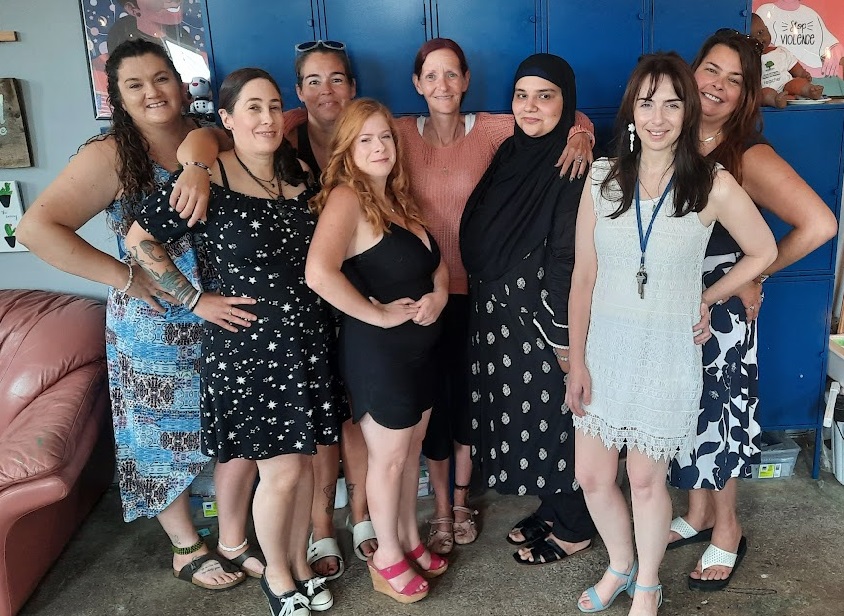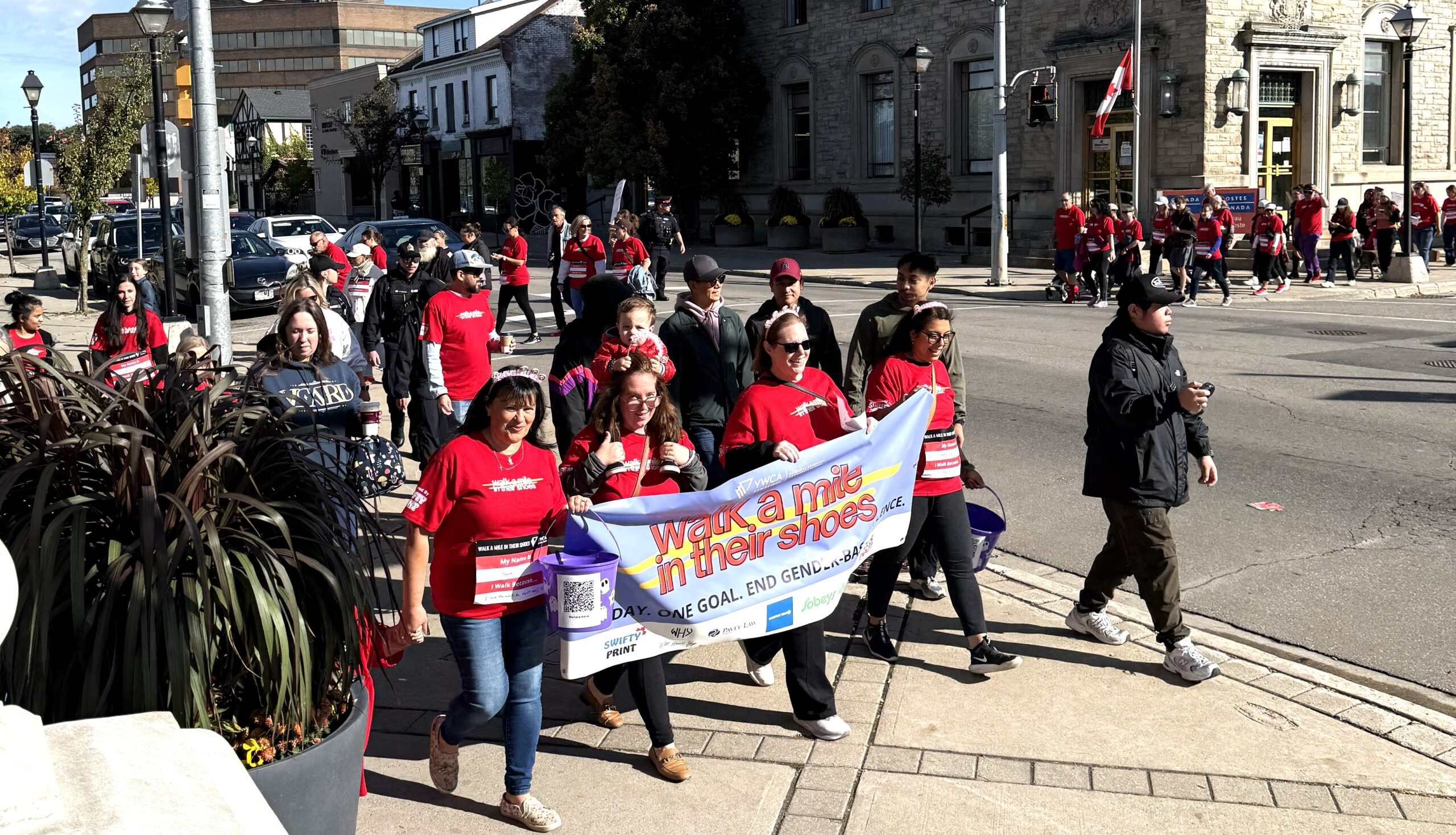I am once again here to discuss another social media trend. You may have ‘spotted’ it in your social media surfing travels. What was once called ‘Overheard’ (a series of Facebook pages created for people on any given campus to post interesting and/or ridiculous conversations they’d heard at their universities) has been replaced. Now there is ‘Spotted’: a collection of pages from different universities and colleges where students can post humorous observations of their classmates, anonymously.
Here’s how it works; users can send a message to administrators, and administrators will post the comment under the ‘Spotted’ page name. Posters are anonymous, but commenters are not.
In my opinion, ‘Spotted’ has become an open forum for students to objectify and even slut shame others. A large majority of posts are anonymous users writing descriptive comments about the girls they’ve seen around campus. These posts usually consist of descriptive sightings of a girl; what she was wearing, what colour her hair was, what colour her eyes were and when they saw her. The comments usually consist of users mentioning how the poster should’ve talked to said girl, or how he should have the courage to ask her out, or mentions by other guys how they ‘spotted’ the same girl. But if a girl makes a post such as this: ‘To the three sexy guys in McDonalds tonight: we’ll be Burger King and you’ll be McDonald’s. We’ll have it our way, and you’ll be lovin’ it! Sincerely, the three thirsty girls with a craving for ice cream’ the responses are no longer supportive; rather, they border on ‘slut-shaming.’
So, why is this issue of anonymity relevant? I feel that because posts have been made anonymous, and this is an online forum, it seems more socially acceptable than making a comment to someone’s face. A face and name cannot be put to whoever is speaking or whom they are speaking to. One may feel a sense of detachment, not only physically but emotionally, in what they are posting; therefore, commenters and posters may make more aggressive or derogatory comments than they would say to someone in person. Just as cyber bullying has created a more dangerous channel of harassment, so too has the issue of treating women as inferior been extended through cyberspace.
The ways in which violence is normalized in online conversations is indicative of a larger problem. Speaking of women in terms of their looks and sexual willingness objectifies them. When a woman is seen as an object, it is more likely that disrespecting her will be seen as normal, or acceptable. Because if disrespecting her is okay, then harassing her or even raping her becomes ‘her problem’; for example ‘she was asking for it because she was wearing a short skirt’.
In the past few weeks, the topic of violence against women has been a prevalent topic around the YWCA office. Through discussion about this year’s Rose Campaign, our planning committee has been talking about facilitating an activity called ‘the continuum of harm’ in schools across the tri-city area. Though one may not think at first glance the anonymous comments being posted on ‘Spotted’ pages are damaging, the language which is used to discuss women on this page does belong on this continuum. Why? Because as the continuum was designed to prove, these incidents that many would think are just ‘everyday, harmless’ acts are not isolated. They support and continue to lead the culture of men’s violence against women, namely, sexual violence. Objectifying women normalizes sexual harassment, slut shaming and in turn- rape culture.
Think about this: you’re a woman, and you have read a detailed comment on a Spotted page that you realize is about you: about how great you looked in the jeans you were wearing on Tuesday. Would you feel unsafe? Would this inflict some kind of fear because you have no idea who the poster is, or whether they’d been ‘spotting’ you on the sly for a while? You would have no idea who the poster is, nor would you know what their intentions are. Yes, it is quite possible that the poster simply wanted to point out how attractive they found you, but isn’t there just a tiny bit of discomfort in the sense that someone unannounced can comment on your look and location?
My hope is that after reading this article, you may start to apply some critical thinking and mindfulness when it comes to seemingly ‘harmless’ acts. I hope you might consider how it may feel to be one of the women posted about, or one of the women who has posted and received derogatory comments in response. I hope that one day the disrespect of women will not be acceptable in any context, and will use my time and resources to support, and be a part of, an agency such as the YWCA working tirelessly to achieve this reality.
Finally, my hope is that you will too.
Tara Kleinsteuber is a Conestoga College Recreation and Leisure student who is currently doing her placement with YWCA Cambridge. She aspires to one day offer non-profit health and fitness programming for women that inspires confidence and encourages holistic well-being.










